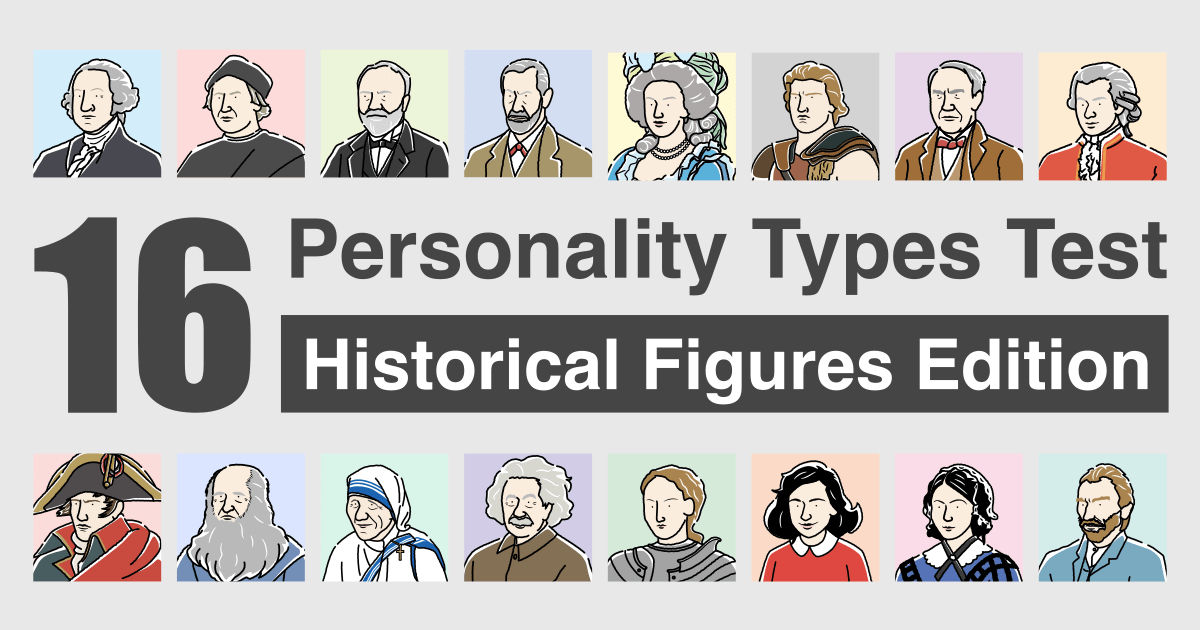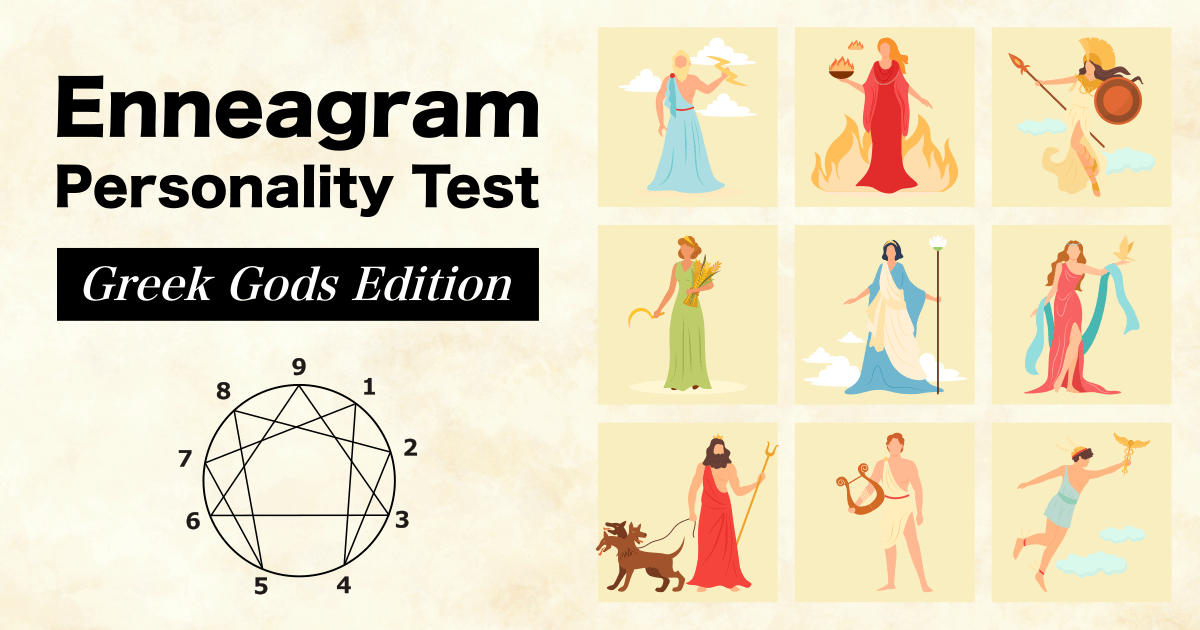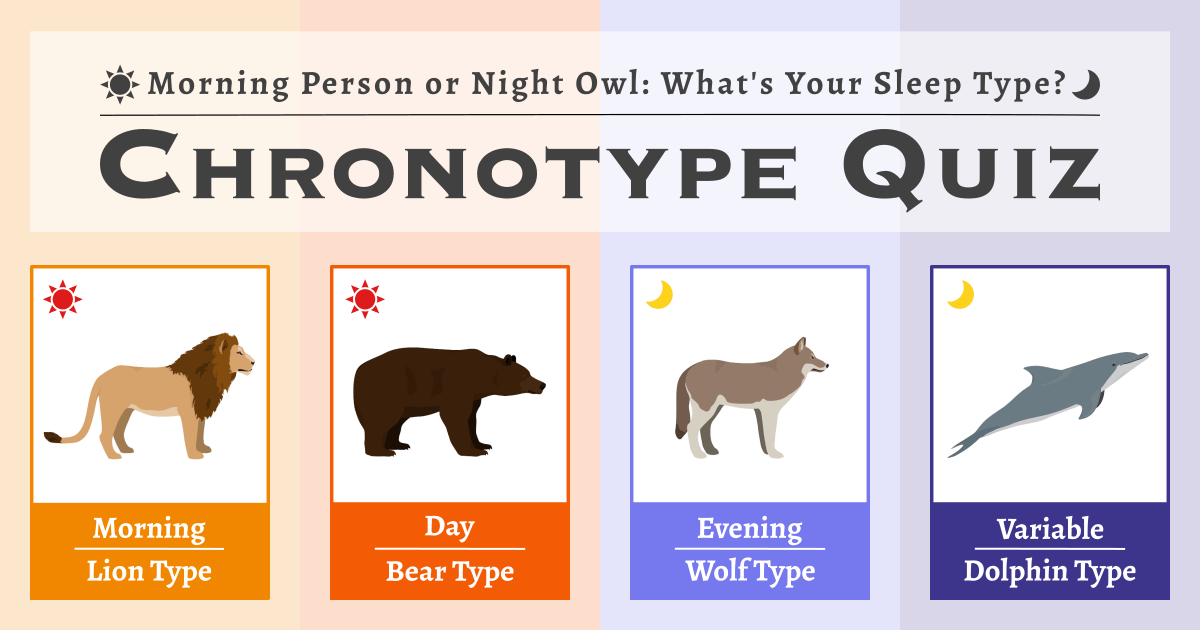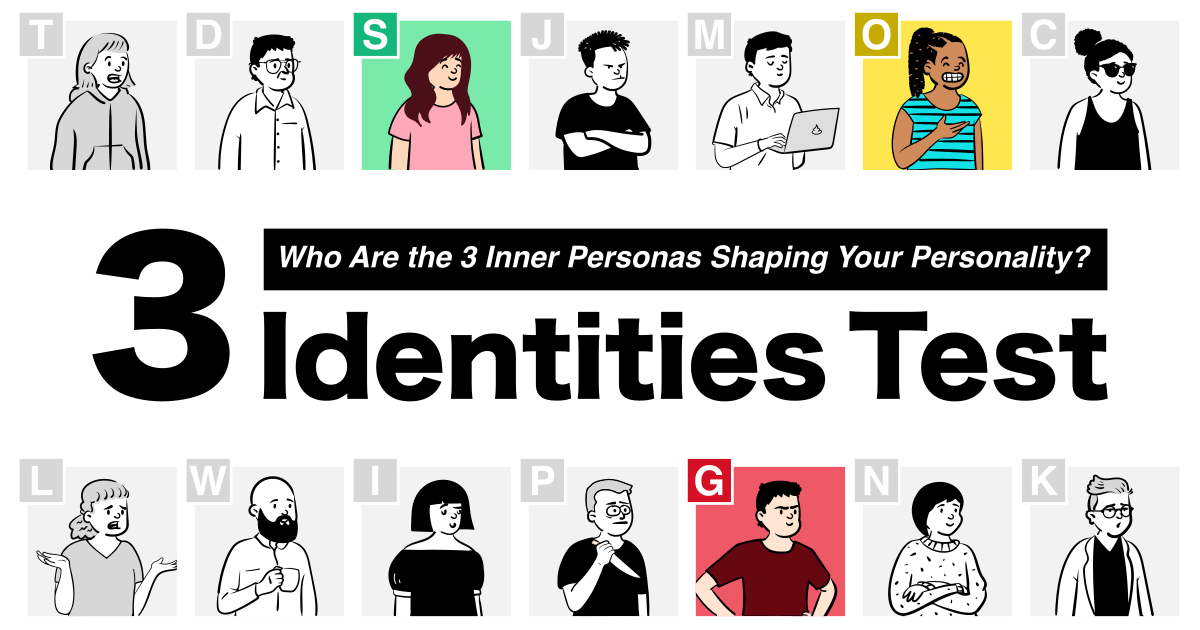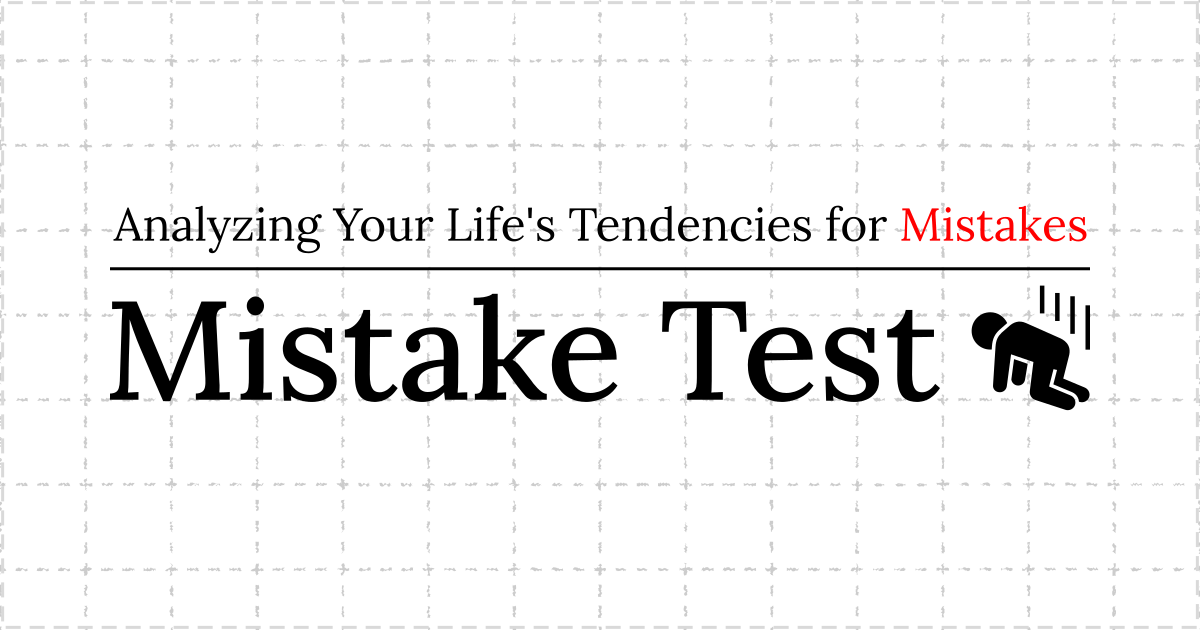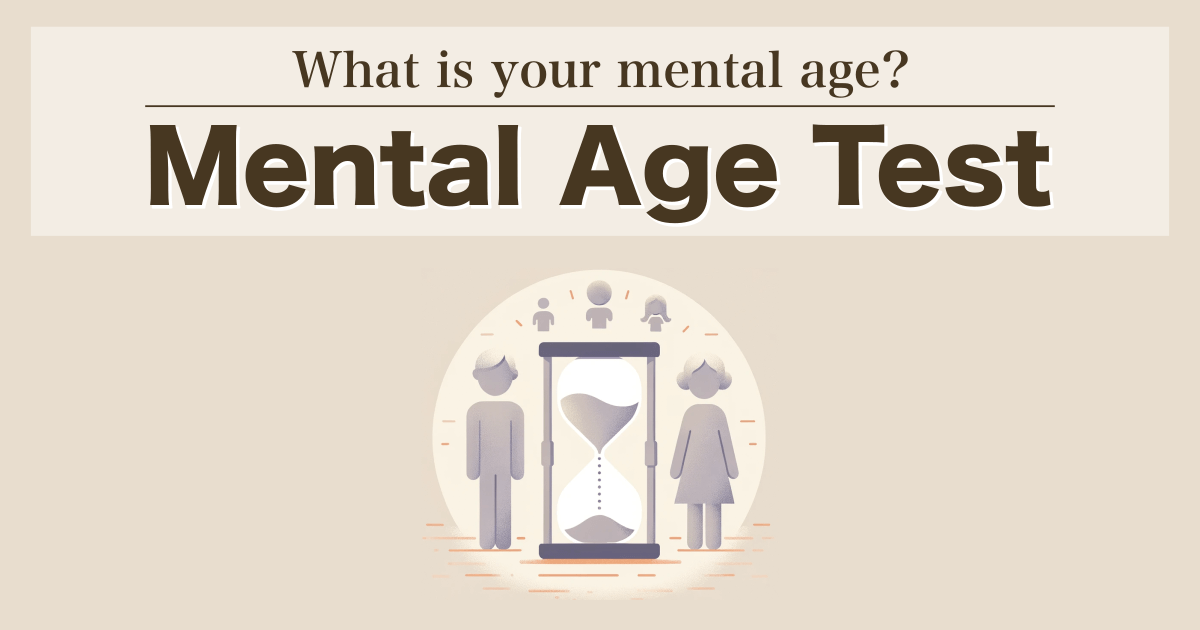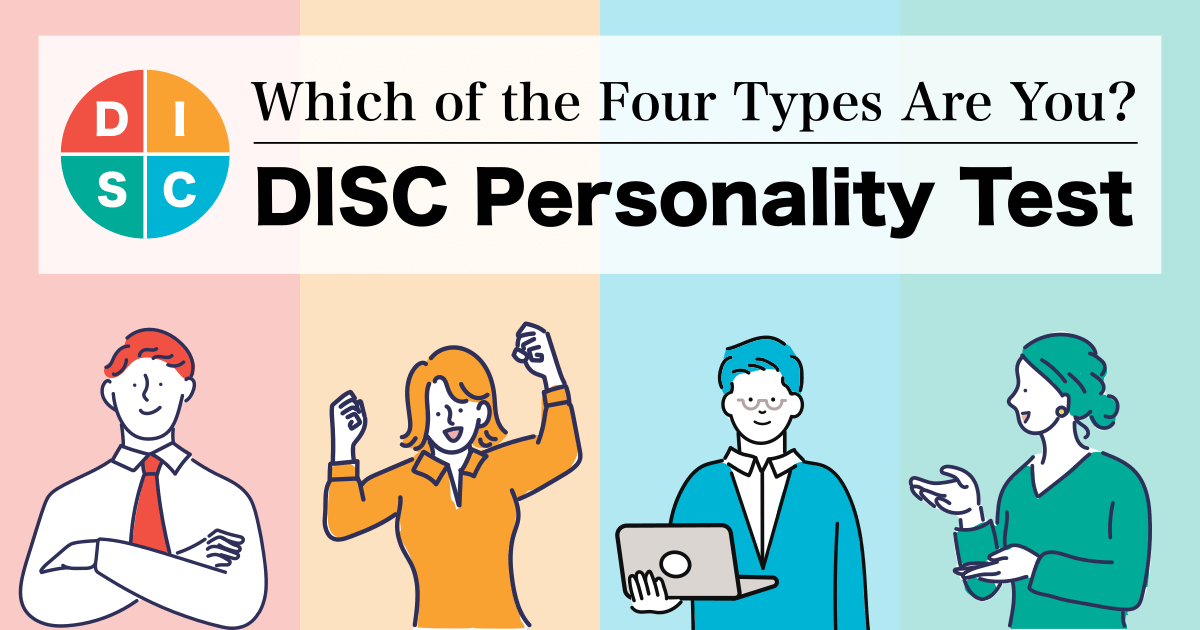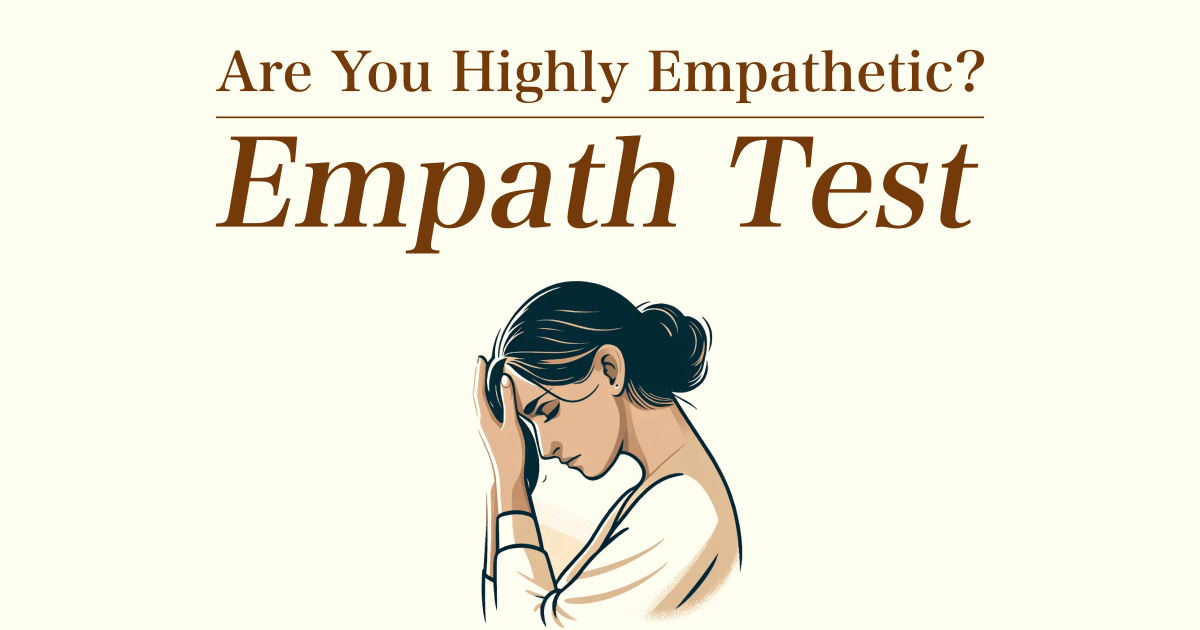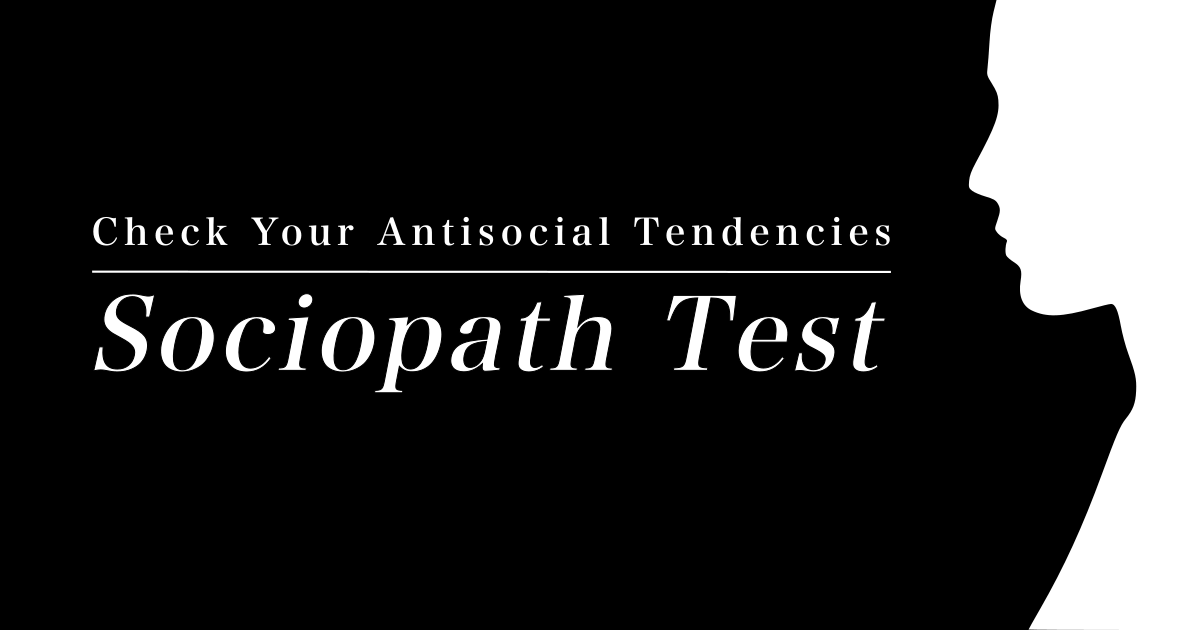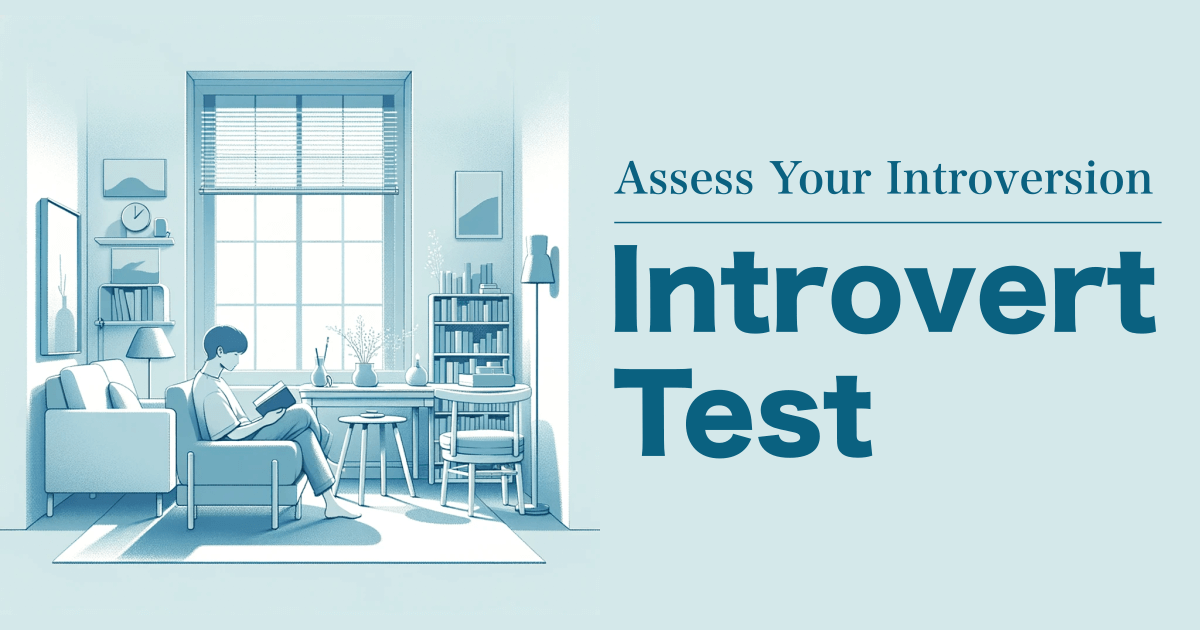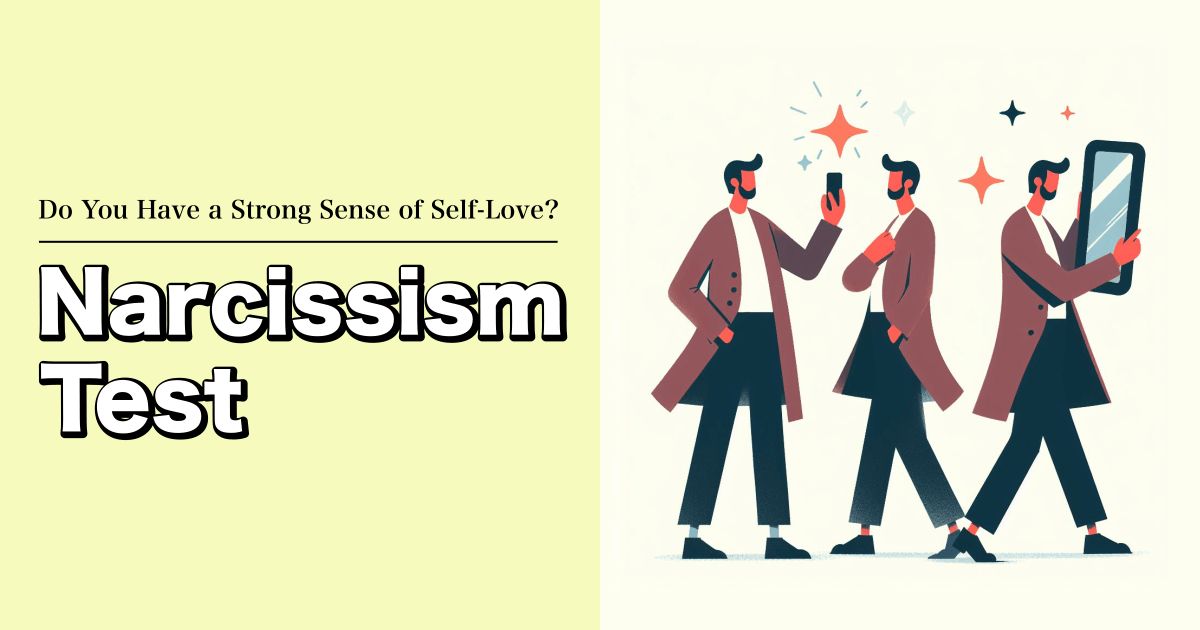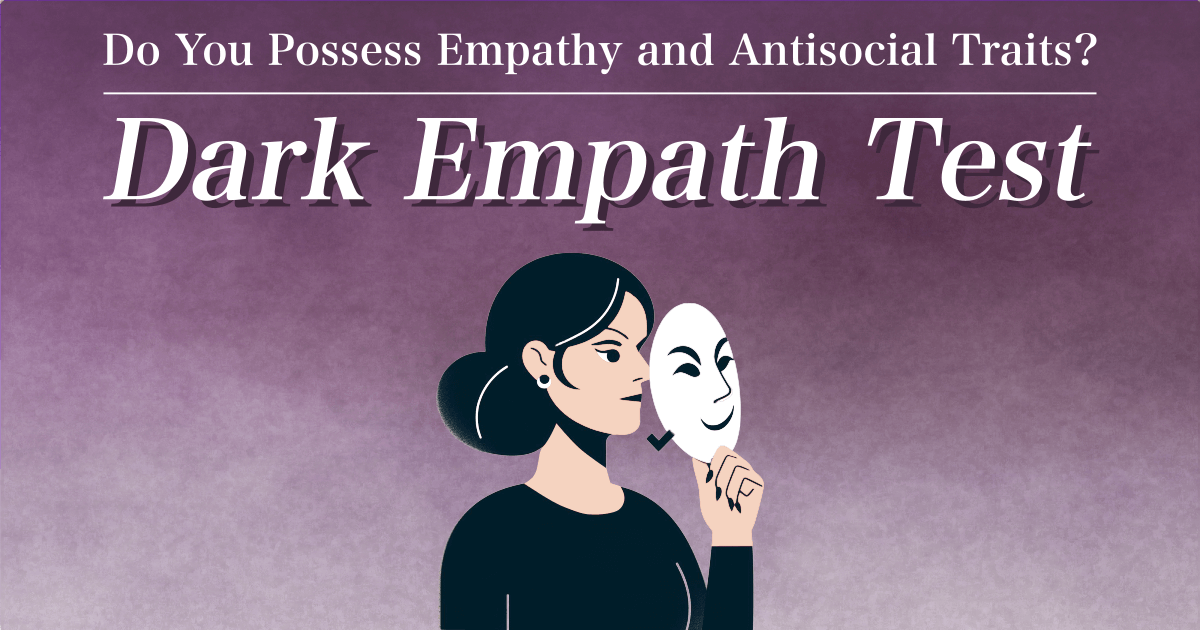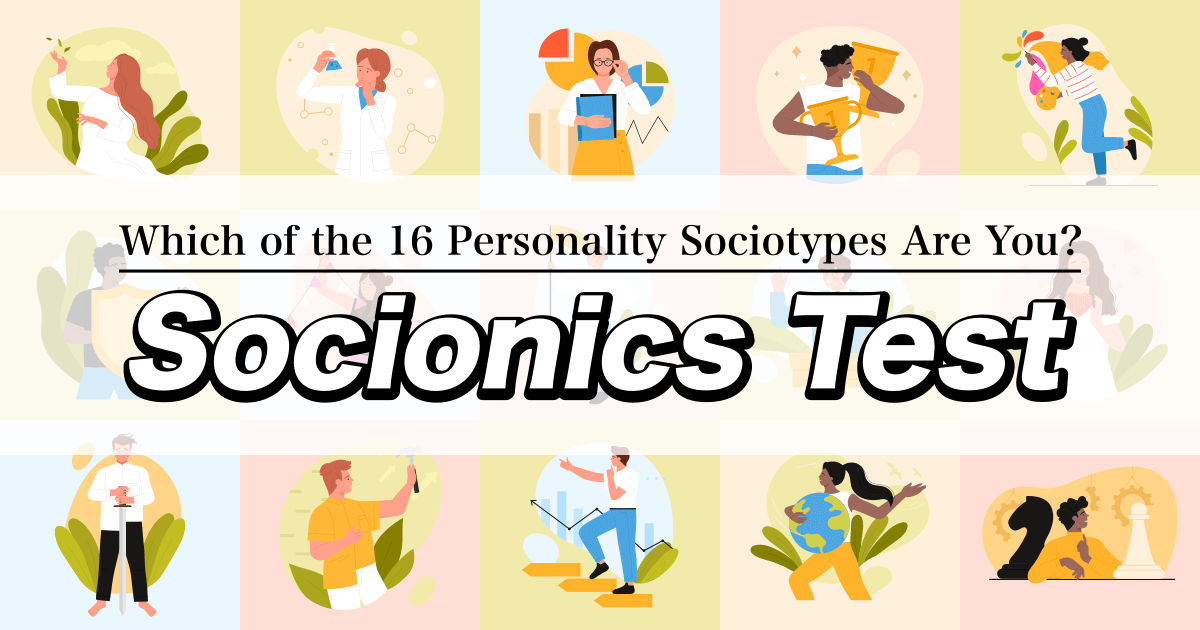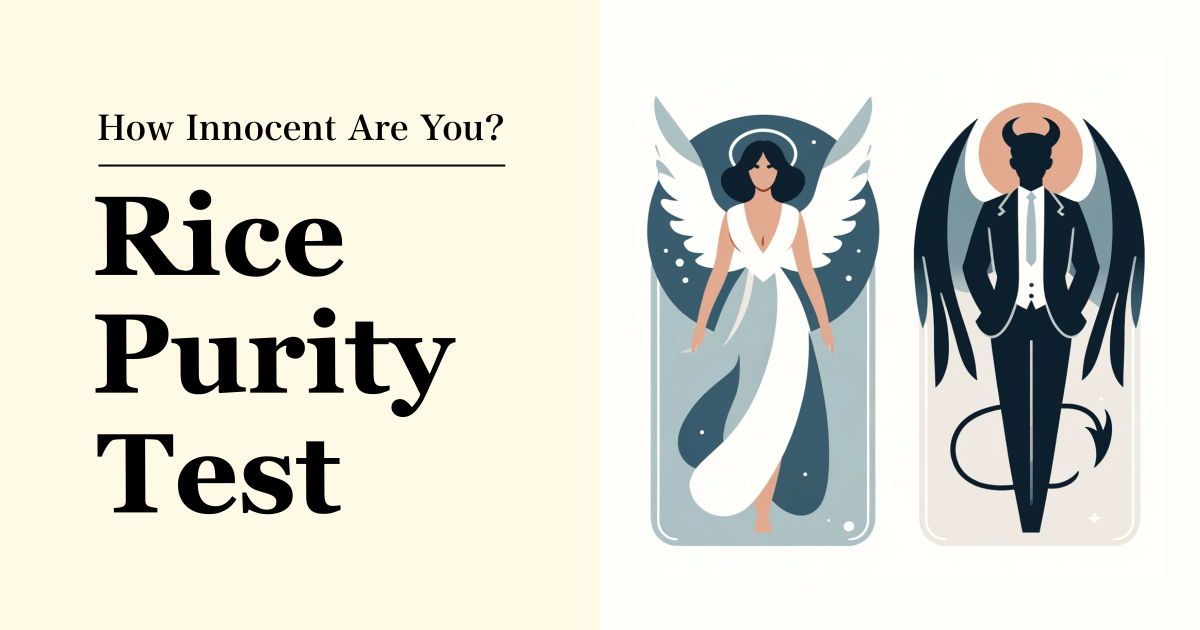A Complete Beginner Guide to Holland Code Test
Your personality type may greatly affect the job you choose and how happy you are with it in the long run. The Holland Code system is one way that psychologists use to describe psychological types.
If you want to learn more about yourself and move up in your job, learning more about this method and how to use it could be helpful. In this piece, we explain what a Holland Code is, talk about its theory, list the six personality types it includes, and give tips on using these codes to help your job.
What is a Holland Code?
A Holland Code is a set of three letters that describe a person's three most important traits. A self-Directed Search is a self-assessment tool that people fill out. It asks questions about six different personality types. When a person finishes the test, they get a pass.
Dr. John Holland, the psychologist who came up with the idea, says that knowing your three-digit personality code can help you learn more about yourself, find happiness, and do well in your job. Dr. Holland's theory is based on the following general ideas:
- Most people fall into one of six psychological types.
- Six types of work settings go with them.
- How a person fits in at work affects what they do, how they feel, and how they act.
- People want to find places where they can be true to themselves and their ideals or use their special skills.
- People are most likely to be happy and successful at work when they are in a setting that fits their personalities.
How the Holland Code got Started
The Holland Code came from Dr. John Holland's Theory of Career Choice, which says that your job choice depends on your personality type and how you like to work. Holland wrote "A Theory of Vocational Choice," published in the Journal for Counseling Psychology in 1959. It was the first time he talked about his ideas.
The code is based on Holland's idea about how people choose jobs. It is also called the RIASEC model, an acronym comprising the first letters of the six personality types. Modern career assessment tools like The Strong Interest Inventory and the Occupational Information Network interest predictor use Holland's theory as a part of their public career resources.
6 types of personalities.
This theory uses the letters RIASEC, which stands for realistic, analytical, artistic, social, diligent, and traditional, to describe the main six personality types. Most people have more than one personality type, so the Holland Code gives each person three letters instead of just one. After you take the test, you get three letters that describe your most important traits. Here is a list of what each personality type is like and what they value:
Realistic
Realistic people like to get things done and put a high value on being sensible. These people often like to work with their hands and play with things they can feel. Most of the time, they would rather fix problems with their hands than by thinking or talking. These are some jobs that fall into this group:
- Plumber,
- engineer chemist,
- dentist,
- mechanic audio or video,
- technician farmer
If you say yes to these questions, you may be in this group:
- Do you learn by what you do?
- Do you like to use your hands to do things?
- Do you like using tools and machines at work?
- Do you like to work with animals or outside?
Investigative
Investigative is the second type of behavior in RIASEC. These people are also called "thinkers," They like to try out new ideas and fix problems with their minds. People like to look into things like working alone and doing intellectual things. Thinkers might be good at the following jobs:
- Mathematician,
- professor,
- research scientist
- writer
If you think you might be a person who likes to look into things, you can ask yourself the following:
- Do you think about how to solve problems?
- Do you notice things exactly?
- Are you excited about intellectual pursuits?
- People tell you that you're a thinker.
Artistic
People who are good at seeing patterns and enjoy working with shapes, designs, and sounds are sometimes called artists. They are very artistic and often care a lot about expressing themselves. People with creative minds tend to avoid work settings that are too strict and value their freedom. They may also have trouble with rules and micromanagement. Even though they like being on their own, they may also work well with others. Here are some jobs that are good for artists:
- graphic designer
- dancer
- actor,
- visual artist,
- musician
- producer
- fashion designer
- photographer
If you say yes to any of these questions, you might have an artistic personality:
- Do you know how to make art?
- Do you avoid repeating the same thing and like to be creative and express yourself?
- Does being creative give you energy?
- Do you use your free time to do artistic things?
Social
The word "social" is the fourth letter of the RIASEC acronym. Some psychologists call people with this type of behavior "helpers." People who are friends get a lot of their energy and happiness from being with other people. Most of the time, they have a lot of empathy and care about social problems. People like these tend to work in service jobs, such as:
- teacher
- nurse
- emergency medical care provider
- pastor
- therapist
Think about the questions below. If you say yes to all or most of these questions, you may have one of the following social personality types:
- Do you like working with people more than working with things?
- Do you like to help other people solve their problems?
- Do you want to help people and be kind?
- Do you give your free time?
Enterprising
People who are good at getting what they want value success, fame, and money. These people often have a lot of charm and could be good leaders. They tend to be strong-willed and sure of themselves, and they may be very convincing to other people. People with ambitious personalities usually work in business, but they can also do things like:
- entrepreneur
- salesperson
- business executive,
- journalist,
- politician marketer
If you require to know if you have an enterprising personality, ask yourself these questions:
- Are you a natural-born leader?
- Are you adept at convincing or sales?
- Are you driven and sure of yourself?
- Do you like jobs where you can move up?
Conventional
A planner is someone who has a normal attitude. They put rules and order first so things don't get out of hand. People like this like to order, rules, self-control, and rules. Here are some jobs you might be good at if you have this type of personality:
- General manager
- administrator
- accountant
- financial analyst
- safety inspector
- teacher
If you replied to some of these four questions, you might have a typical personality:
- Are you good at keeping things in order and following plans?
- Do you do best in places with rules?
- Do you think it's important for people to follow rules?
- Are you able to reason well?
How to Use Holland Code
The Holland Code can help you start your career by giving you job choices similar to your hobbies and attitude. Even though it won't give you a perfect job match, it can help you determine what you like and reduce your options to a reasonable list. Follow these steps to use the Holland Code:
- Take the test on the Holland Code. The real test can be found online. It takes ten to fifteen minutes, and you answer questions about your interests. You can also take a Strong Interest Inventory, a more in-depth career test using Holland Codes.
- Find out whether your code is RIASEC or Holland. Based on the test, you'll get a three-letter RIASEC code or interest profile, which shows your top three hobbies. For instance, your three-letter code might be SEC, which stands for Social, Enterprising, and Conventional as your top three traits.
- Explore jobs. Use your three-letter code to look for jobs that fit that code and learn more about them. The O*NET interest tracker utilizes your interest code to list jobs that meet your interests.
- Look into your choices. Do more study to find out more about some of the job choices. Look at things like pay, required schooling, area, and competition. If you find a job that interests you, you might want to do an internship or get in touch with someone who works in the field to learn more.
Find a job using your code.
This assessment tool can help you find a job that makes you feel good about yourself. This study suggests that how you act, feel, and behave at work depends on how well you fit in with your surroundings.
As was already said, many people do well in jobs that match their personality types. For example, if you are most creative, you might find it hard to fit into a standard job setting with a set plan and expected tasks.
If you can find a job that lets you be creative and gives you a free schedule, you may find it more satisfying. Taking the test could be the first step towards success and happiness at work. Here are some examples of personality types and job advice for each:
- SEC: If someone finds out they are friendly, outgoing, and traditional, they might do well in sales. Many of their skills, like social contact, leadership, planning, and finances, are used in these jobs.
- RIE: A practical, curious, and ambitious worker might leave a desk job to look for a research job. These jobs allow them to solve problems on the job and may let them work at their own pace.
- ASE: An artist, a people person, and a risk-taker can use their imagination and understanding in their work. Work for a charity, graphic design, or photography could be good options.
- ISC: People in this code are curious, friendly, and follow the rules. These people like to talk to others and keep things organized, so they often do well in areas like education.
Conclusion
The Holland Code helps you pay more attention to your mental traits and the job settings that go with them. This test may additionally assist you in figuring out some things about yourself and making a list of jobs you might not have thought of before.
The review makes your job search stronger and helps you find better matches. In short, the Holland code helps narrow down a list of possible careers so that you can study more before making a final choice. The Holland Code gives you a full self-assessment of job options and the work that fits you best.

